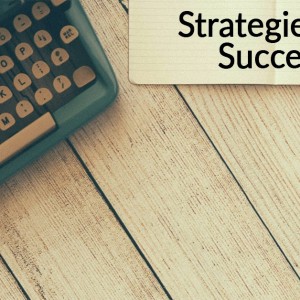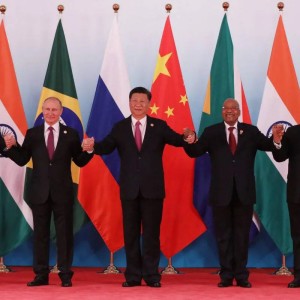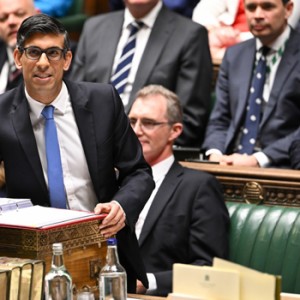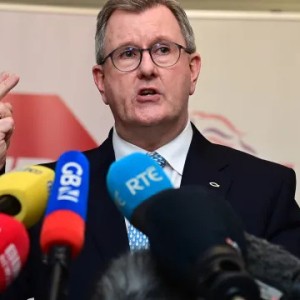Naomi Bridgman started ‘dry dating’ by accident. During UK lockdowns amid Covid-19, “the usual route of going to a pub… was no longer an option”, says the 30-year-old social-service worker, from Sheffield. She and many other singles had to get “inventive” with their dates, opting for sober activities, like walks in the park.
Now that many pubs have re-opened their doors, however, Bridgman still prefers to avoid them for first dates. She’s cut down her alcohol consumption in general since the beginning of the pandemic and says she’s happier dating without drinking. “I found myself feeling like I had more meaningful connections with people when at least the first date was sober,” she says.
Singles getting interested
For some singles, dry dating has become increasingly appealing amid the pandemic. According to a 2022 trends survey by dating app Bumble, 34% of UK users said they’re more likely to go on a sober date now than they were before the pandemic, with 62% saying they think they’d “form a more genuine connection” on an alcohol-free date, and 54% aiming for more “mindful and intentional” dating. In May 2020, Canadian dating service Plenty of Fish surveyed 2,000 single adults in the UK, and found that 83% said they’d be “open” to trying a “dry date”.
A rise in creative dating
Like Bridgman, many people stumbled into sober dating out of necessity, due to Covid-19 restrictions. “I don’t think sober dating started as an intention, but rather became a result of the current pandemic,” Russ Ross, a dating coach at The Social Collective in Sydney, Australia, says of the sober daters he has encountered during the past two years.
But the trend towards “sober curiosity” has been increasing throughout the past several years, says Laura Silverman, who writes about the “booze-free lifestyle” with the blogs Booze-Free in DC (based in Washington, DC, US) and Zero Proof Nation.














